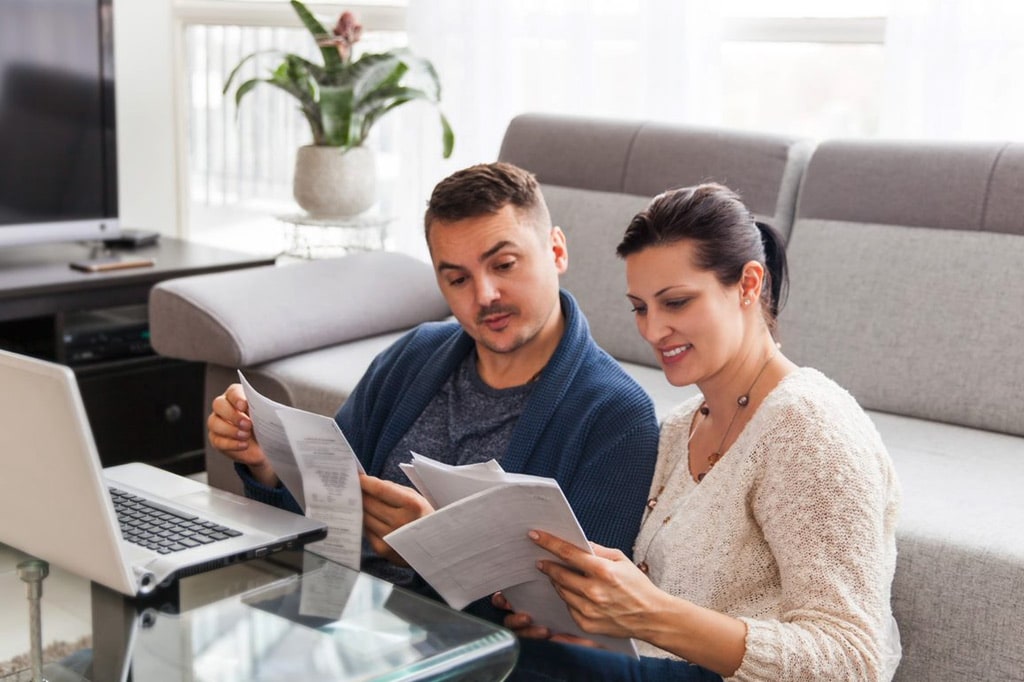An Introduction to the Homestead Exemption

Do I Qualify?
Property taxes are a part of homeownership, but they don’t always have to make a big impact. There are ways to reduce your tax liability every year, and the homestead exemption is one of the most common. Read on to learn more about the homestead exemption and how you can take advantage.
What Is the Homestead Exemption?
Qualification criteria are different from state to state, but generally speaking, you may qualify for the homestead exemption if your property is your primary residence. Residents of some states automatically receive the exemption, while others have to file to take advantage. Don’t miss out on possible savings when you file taxes by making sure you understand your benefits. You may need to contact your County Tax Assessor for more information.
How Much Can I Save?
Homestead exemptions vary by state, so you should look up the terms where you live to see how they will affect your property tax responsibility. In most cases, the exemption applies to a fixed dollar amount within the home’s overall value. If your homestead exemption covers the first $50,000, for example, and your property is valued at $200,000, you will only be taxed on the last $150,000. In some states, senior citizens and/or people with disabilities qualify for additional exemptions. Of course, these amounts and requirements vary by state as well, so you will need to verify with your state or county tax assessor what property tax savings are available to you.
Make sure you know everything you need to know to get the most benefit from the homestead exemption in your state.


